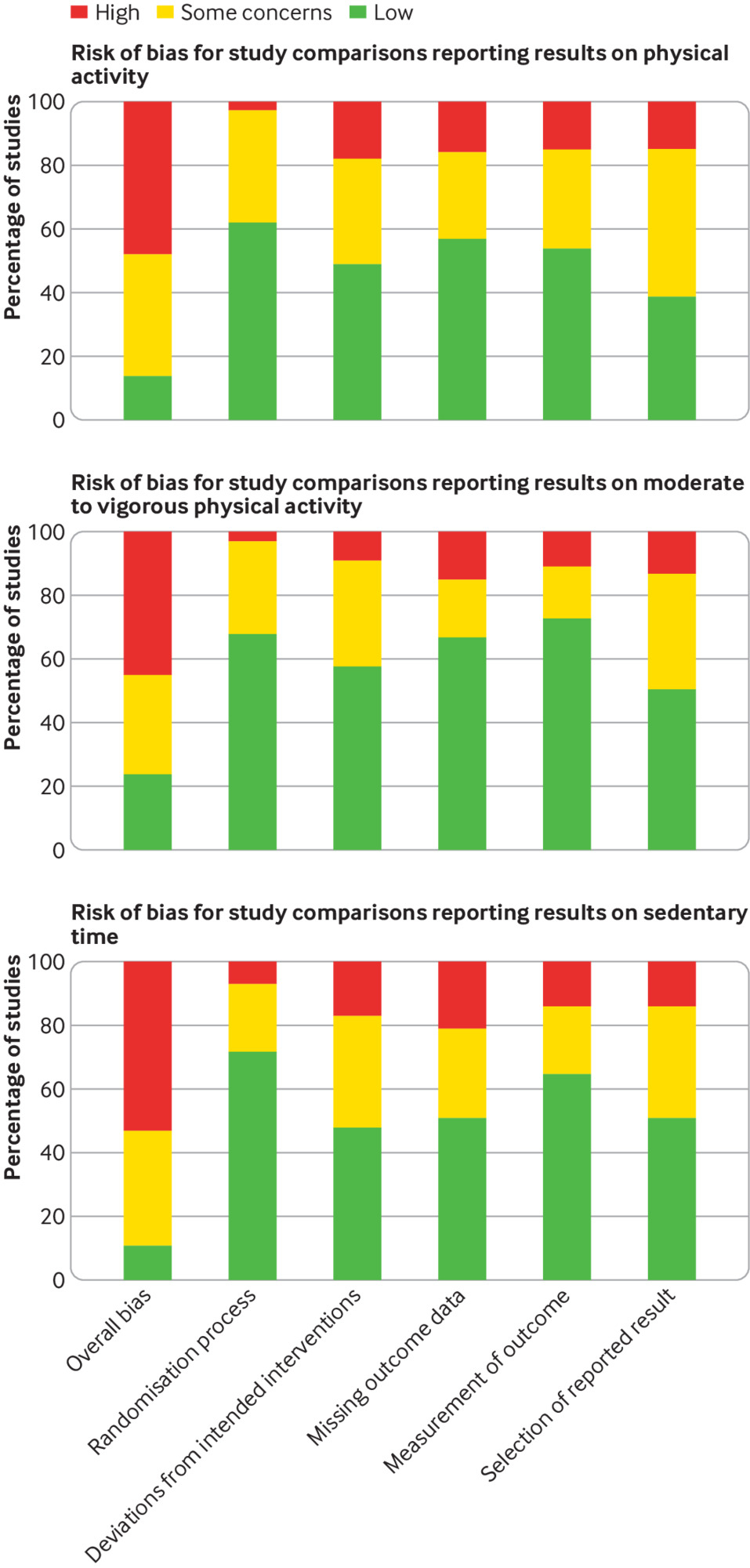Researchers have found that people whose genes put them at increased risk of dementia can reduce their chances of getting the condition by up to 43% if they follow seven healthy living habits.
It has already been thought that a healthy lifestyle can reduce the risk of dementia, but so far it has been less clear whether this applies to people with genetic variants that make them more likely to develop the condition.
The World Health Organization (WHO) says dementia is the seventh leading cause of death among all diseases worldwide and is responsible for millions of elderly people suffering from disability and addiction. With the growing proportion of the elderly in almost every country, the WHO expects dementia to rise to 139 million by 2050.
Genetic risk
A study by the American Academy of Nurology investigated whether people at higher genetic risk could reduce their chances of suffering from the condition. On the same subject : The diversity business case is being pushed back. Researchers have been tracking nearly 12,000 people for 30 years and scoring them on how closely they followed the American Heart Association’s Life’s Simple 7 – a list of lifestyle habits associated with good cardiovascular health.
Adopting a healthy lifestyle can help reduce the risk of dementia, even for people who are genetically predisposed to developing the condition.
Image: American Heart Association
1. Manage your blood pressure. Keeping your blood pressure in a healthy range reduces stress on your heart, arteries and kidneys.
2. Cholesterol control. High cholesterol contributes to plaque which can clog arteries and lead to heart disease and stroke.
3. Reduce blood sugar. High blood sugar can damage your heart, kidneys, eyes and nerves.
4. Get active. There is strong evidence that daily physical activity increases the length and quality of your life.
5. Eat better. A good diet is one of the best ways to prevent cardiovascular disease.
6. Lose weight. Dropping a few pounds can reduce the burden on your heart, lungs, blood vessels and skeleton.
7. Quit smoking. Smokers are at higher risk of developing a range of serious illnesses, including heart disease.
Participants in the dementia study were asked to rate themselves on a scale of 0 to 14 depending on how closely they followed the seven healthy habits. The researchers also calculated their genetic risk, based on whether they had variants linked to a higher or lower chance of having Alzheimer’s disease, which is a major cause of dementia.
Alzheimer’s disease, a result of rapid aging that causes dementia, is a growing concern. Dementia, the seventh leading cause of death worldwide, cost the world $ 1.25 trillion in 2018, affecting about 50 million people in 2019. Without major discoveries, the number of people affected will triple by 2050, to 152 million.
To catalyze the fight against Alzheimer’s, the World Economic Forum is partnering with the Global CEO Initiative (CEOi) to form a coalition of public and private stakeholders – including pharmaceutical manufacturers, biotechnology companies, governments, organizations. international, foundations and research agencies.
The initiative aims to advance preclinical research to advance the understanding of the disease, attract more capital by reducing risks for investment in biomarkers, develop permanent clinical trial platforms, and advance the of the healthcare system in the areas of detection, diagnosis, infrastructure and access.
Healthy lifestyle
Participants had a mean age of 54 at the start of the research. To see also : As grocery prices soar, NY boosts food aid for the needy. About 9,000 had European ancestors and 3,000 African ancestors.
By the end of the study, 1,603 people with European ancestry and 631 people with African ancestry had developed dementia. Those with the highest scores for a healthy lifestyle were much less likely to have dementia, including participants who had Alzheimer’s-linked genetic variants.
Study author Adrienne Tin of the University of Mississippi Medical Center in Jacksonson says: “The good news is that even for people who are at the highest genetic risk, they a healthier life [is likely to] reduce the risk of dementia. ”
Alzheimer’s is one of the top 10 causes of death in the United States.
Image: Statistical / Alzheimer’s Association
Risk factors
In those with European ancestry, participants with the highest scores for healthy living were up to 43% less likely to have dementia than those with a lower score. For those with African ancestry, following healthy habits has been linked to a 17% lower risk of developing the condition. To see also : The Texas GOP calls homosexuality an ‘abnormal lifestyle choice’ on the platform. But the authors of the study say that the smaller number of people with African heritage participating means that the findings are less certain for this group, so more research is needed.
Dr Rosa Sancho of Alzheimer’s Research UK told The Times: “The risk of dementia depends on many factors. Some, like our age and genetic makeup, we can’t change, while others like diet and exercise, we can. This study supports the idea that what is good for the heart is also good for the brain. ”
If the adoption of these seven healthy habits can reduce the number of people with dementia, it will not be just individuals who benefit. The World Health Organization says dementia also has high global social and economic costs. Informal carers – including family and friends – spend an average of five hours a day caring for sufferers, and the global financial account is expected to be more than $ 2.8 trillion by 2030.
There are many organizations around the world working to help accelerate advances in the prevention and treatment of the condition. Davos Alzheimer’s Collaborative is run by the World Economic Forum and The Global CEO Initiative on Alzheimer’s Disease and is investing $ 700 million over six years in drug development and healthcare diagnostics.
Speaking at a meeting of the DAC Learning Laboratory in May 2022, its co-chair, George Vradenburg, emphasized the importance of remembering that Alzheimer’s can affect everyone, regardless of status. its economic, racial or geographical origin.
“We are explicitly global in character. We must ensure from the outset that this effort involves low- and middle-income countries and that we pay attention to all societies, all resource environments and all racial and ethnic legacies as we move forward. on the road to Alzheimer’s healing. . ”
Simon Read, Senior Writer, Formative Content
The views expressed in this article are those of the author only and not of the World Economic Forum.
Subscribe for updates
Weekly update of the Global Agenda



